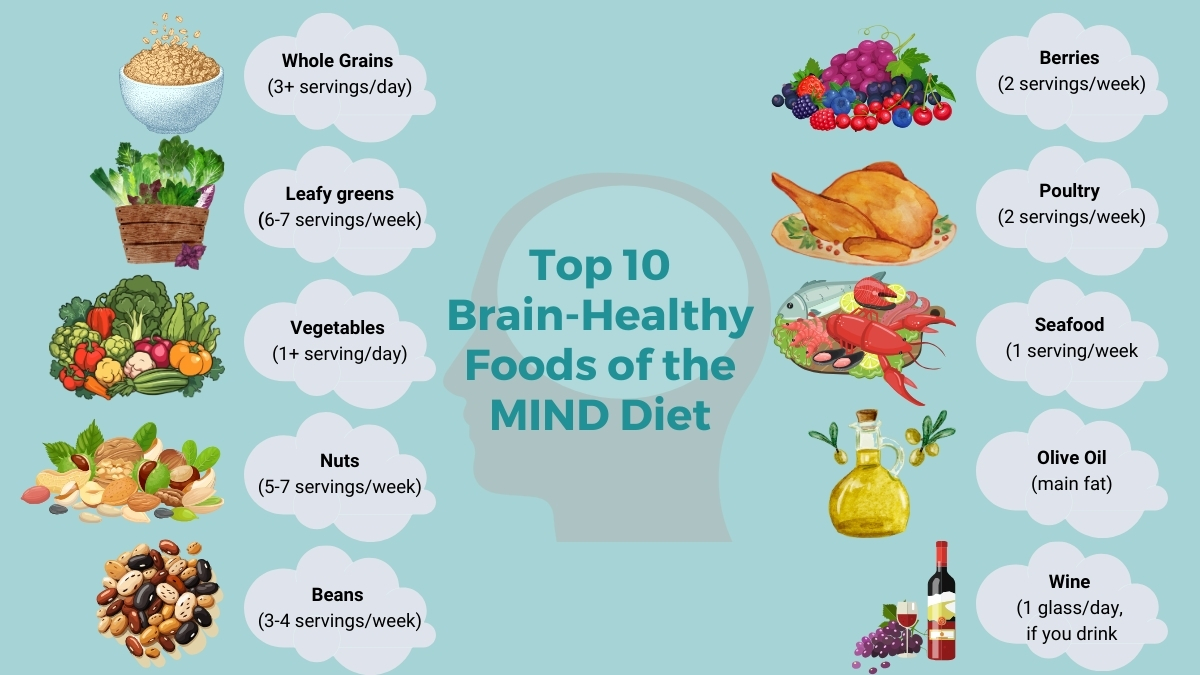If you’re struggling to lose weight, this may be why.
When it comes to weight loss, there is no shortage of trendy diet plans available such as keto, whole30, Zone, Mediterranean, vegan, Paleo, and so many more. We trade the sugar and carbs for fresh green vegetables, embark on “dry” weekdays, and vow to spend more time at the gym. But for a lot of us, this strategy alone may not produce the results we hope for when we step on the scale.
We already know weight loss is influenced by age, genetics, environment, diet, medications, physical activity, etc. But did you know a recent study published in the journal mSystems confirms weight is also influenced by the microbes that live in your gut?
“These findings…may help optimize the weight-loss protocols in future studies.”
There’s been a lot of talk on social media and articles written about the importance of having a “healthy gut microbiome”. But what does that actually mean?
Gut microbes are the profusion of friendly resident bacteria, viruses, and fungi that live inside your digestive system. These microbes come in a variety of species and strains and live together as a community called your microbiota. The gut microbiome refers to the combined genetic materials of all of the microorganisms in the microbiota.
Some microbes help break down food to improve your digestion, while others make health-promoting compounds such as vitamins or anti-inflammatory fatty acids. These microbes are part of the gut-brain connection and they also contribute to your immune responses and mental health. Most of our immune strength comes from our microbiome. We owe a lot to our healthy bacteria!

While everyone’s gut microbiome is unique, some trends have been noted, for example, that there’s a difference in the gut microbiomes of people with and without excess weight. Now we can add “weight management” to the ever-growing list of bodily functions that are influenced by the communities of microscopic beings that reside within us.
New research is looking for patterns in gut microbiomes to see which types are associated with certain states of health or disease. One way to do this type of research is using a new technology called metagenomics. This can analyze the genes from an entire community of different microbes, like the kind that lives in your gut.
Everything that’s alive contains genes it inherited from its parent(s). Examples of traits your genes create codes for include your eye color, whether you’re left- or right-handed, and if you’re color blind or not. The same principle applies to gut microbes. By analyzing the genes in the microbes that are in a fecal (poop) sample, scientists can tell which microbes are present in the digestive tract and what their traits are.
So, how does the genetic material in gut bacteria translate to weight management in people? Read on to learn more…
It’s no surprise that most people who try to lose excess weight have a very difficult time doing it. This particular study looked at the gut microbes of people who were trying to lose weight to see if there were specific types associated with people who had more difficulty versus those who had an easier time losing weight.
Faster-growing gut bacteria is associated with easier and increased weight loss and lowered levels of inflammation!

The researchers found that bacteria that grow more rapidly are associated with easier weight loss and lower levels of inflammation in their human hosts, regardless of their Body Mass Index (BMI) or weight to height ratio. This means that the people who were able to lose the most weight had more of the faster-growing bacteria in their guts, and they also had less inflammation!
The current hypothesis right now as to why faster-growing gut bacteria would help a person lose weight and have lower inflammation is that these bacteria may consume some of our food. This means that these “hungry” bacteria eat the food we eat, leaving less for us to absorb. It also means that as these faster-growing bacteria digest more food, they’re able to make more of the health-promoting anti-inflammatory compounds for us.
So, with less food to absorb and less inflammation, having more of these types of gut microbes can result in more weight loss for the person. As research continues, we’ll learn more and confirm if this is the mechanism—or part of the mechanism—as to why faster-growing bacteria tend to be associated with lower levels of inflammation and more weight loss.
Heavy amylase enzyme-producing gut bacteria is linked to increased weight loss difficulty.
Another finding from this study was that bacteria that produce more enzymes to break fibers and starches into sugars (called amylase) were linked to people who had more difficulty losing weight, regardless of their BMI. It’s possible that having more of this enzyme in the gut may contribute to blood sugar dysregulation and might be why these bacteria are linked with more difficulty losing weight. As always, more research is needed to confirm.
“This [study] tells us that the gut microbiome is an important modulator of weight loss, independent of your underlying metabolic health state, baseline diet, or BMI status.”
says one of the study authors
More research is needed before we can make any official weight loss recommendations to alter the gut microbiome. Right now, there isn’t a probiotic supplement or any other product that has been developed and tested to give proven weight loss results. More in-depth, larger clinical studies must be done.
The study concludes, “Overall, our results suggest that the microbiota may influence host weight loss responses through variable bacterial growth rates, dietary energy harvest efficiency, and immunomodulation.”

Every single client of mine who wants to lose weight, came to discover through the appropriate diagnostic lab testing I offer, that they were dealing with an imbalance of healthy gut bacteria and often several strains of gut pathogen bacteria to boot! My favorite lab test to use for this is the GI-Map stool test from Diagnostic Solutions Laboratory and it’s usually where I start with all my clients.
Once we develop the optimal diet and the right supplements to repair and support the gut, restore proper microbiome bacterial balance, and eliminate any pathogens, it is surprising how quickly the weight starts to come off, bloating disappears, skin is glowing, and sleep comes more easily without interruption. I’ve also seen hot flashes and night sweats disappear, which my clients would always first assume was due to their perimenopause or hormone imbalance, when in fact, it was all in their gut!
(Here’s more information on Could it Be Leaky Gut? and 5 Ways to Banish Belly Bloat.)
In the meantime, the researchers recommend a few things you can do to nurture a healthy gut microbiome:
- Prepare your own meals, rather than relying on ultra-processed foods; in other words, move away from a “Westernized” diet (You can find some healthy gut-supporting snacks here: Heal Your Gut With 4 Easy-to-Make Snacks)
- Eat more fiber-rich, plant-based, whole foods like fruits, vegetables, whole grains, and legumes
- Eat fermented foods like fresh sauerkraut, kimchi, or kombucha daily for a natural and nutritious dose of healthy probiotics and vitamins.
So, trust your gut when it comes to your healthy weight loss strategy!
*Title Photo by Total Shape on Unsplash
References:
- Diener, C., Qin, S., Zhou, Y., Patwardhan, S., Tang, L., Lovejoy, J. C., Magis, A. T., Price, N. D., Hood, L., & Gibbons, S. M. (2021). Baseline Gut Metagenomic Functional Gene Signature Associated with Variable Weight Loss Responses following a Healthy Lifestyle Intervention in Humans. mSystems, 6(5), e0096421. https://doi.org/10.1128/mSystems.00964-21
- https://journals.asm.org/doi/10.1128/mSystems.00964-21
- https://www.ncbi.nlm.nih.gov/pmc/articles/PMC8547453/
- https://www.medscape.com/viewarticle/958874
- https://www.inverse.com/mind-body/gut-health-weight-loss-connection
- https://www.medicalnewstoday.com/articles/307998#what-are-the-human-microbiota-and-microbiome







